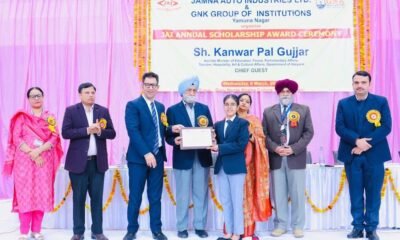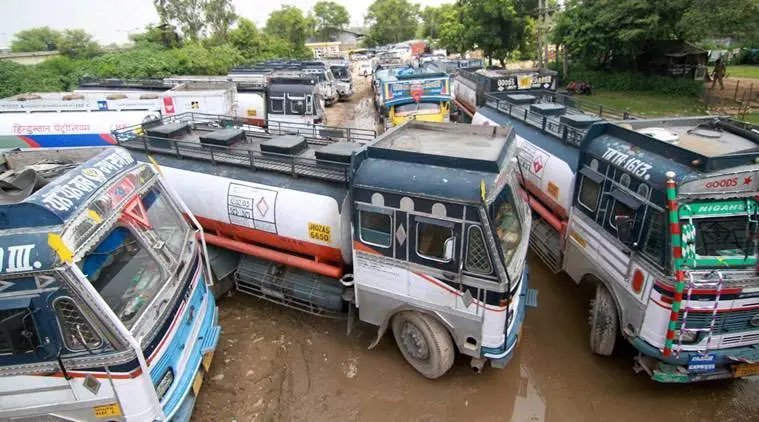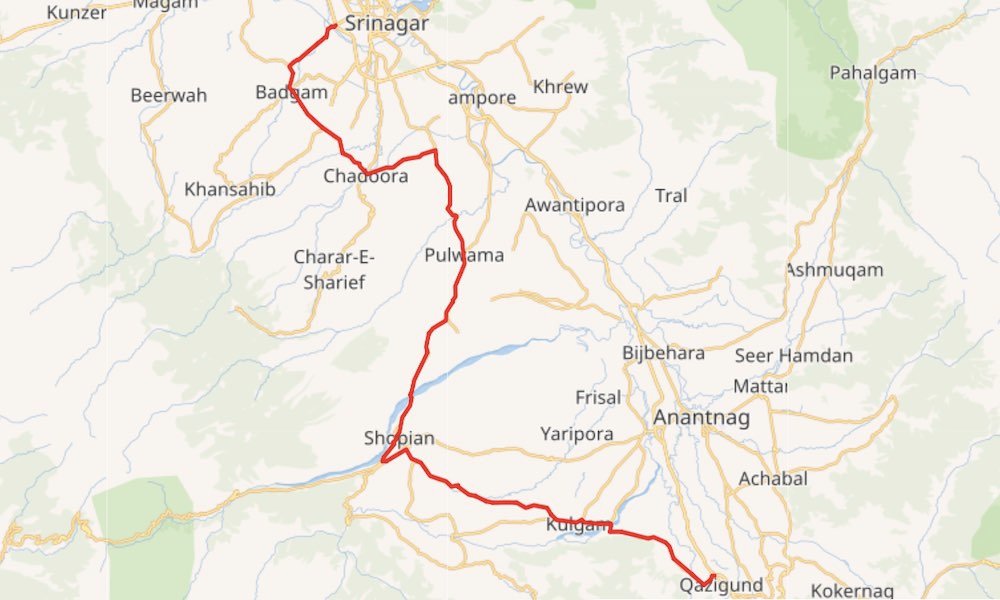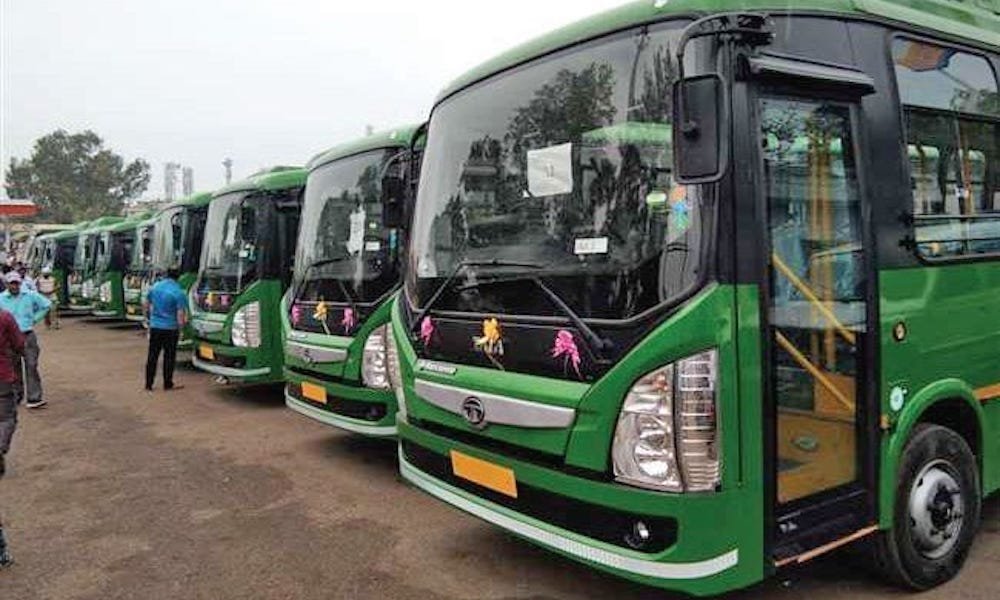‘A developed city is not a place, where the poor have cars, it’s where the rich use public transportation’
Anonymous
The traffic situation in the city has turned into a complete mess. The number of vehicles is swelling day by day whereas most of the roads see no expansion, resulting in frequent jams and lots of inconvenience to the general public.
Srinagar, which has been categorised as one of the 53 metropolitans with its population touching about two million people, will be an only city without any functional public transport. The smart city tag, which often the administration adds to Srinagar, looks sham.
Government with tall claims to develop the city on ‘international lines’ and make it as one of the prime tourist locations in the global map is giving little attention to building the road network and proper transportation system, which is considered the nerve centre of any vibrant city. The most important components of a liveable and environmentally sustainable city is a properly designed, efficient and affordable public transport system.
But here whole public transportation system of the city has been left to the beck and call of few transport associations – mostly owning minibuses unfit for ferrying public – who run it on their will, without keeping public convenience in view. Government has handed over complete control of the city’s public transport to those who have no accountability to general public. And even the number of these ‘mini-buses’ is dwindling each year.
Srinagar is the only city, which does not run Road Transport vehicles for the public, except for few electric buses introduced a year or so ago. A huge RTC fleet is staying idle, which could otherwise ease people’s lives and earn some money as well.
There is no Transport Authority, to govern the city traffic, plan for the roads and make policies for public transportation system. Transport and road planning gets marred between more than half a dozen government departments and bodies including traffic police, SMC, Srinagar Development Authority, R&B etc.
There have been a number of studies saying that public transport is more sustainable, occupies less road space and causes less pollution per passenger than personal vehicles. Government has no reason for not running RTC buses on some of the city roads, if not all. A good public transport system will automatically ease out the traffic on roads, as a number of people will prefer cost-effective mass transit instead of their own vehicles.
The transport system of the city needs to be managed by a single agency, which can work on a public-private partnership basis. All the privately owned bus operators, who work under different association banners but are accountable to none, can comply with the agency for having a proper route and timing plan.
City authorities can also benefit from various central schemes, which provides a number of incentives and investment support for building “high capacity public transport systems” in state capitals.
The metro rail project is a good step in the direction of the sustained public transport system for the Srinagar city, but one, it will take many years to become operational as the work is yet to commence. Second, the metro rail network will need to be aided with the well build bus network.
To see lesser traffic jams on Srinagar roads, make the size and number of the buses bigger.

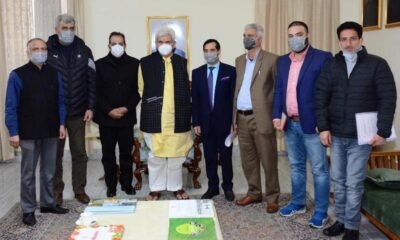

 Industry4 years ago
Industry4 years ago


 Economy2 years ago
Economy2 years ago
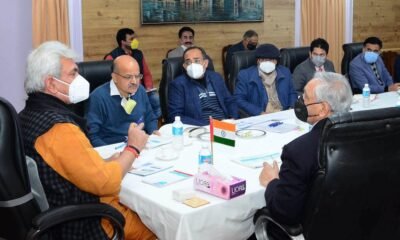

 Energy4 years ago
Energy4 years ago
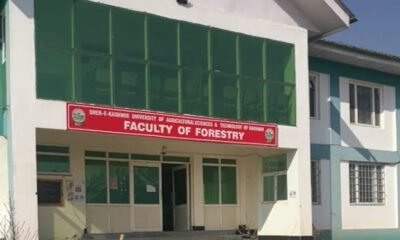

 Infra4 years ago
Infra4 years ago
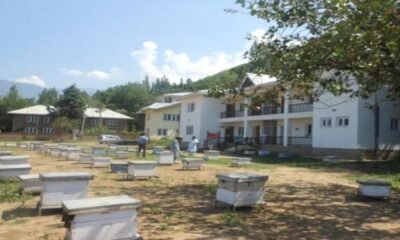

 AgriBiz4 years ago
AgriBiz4 years ago
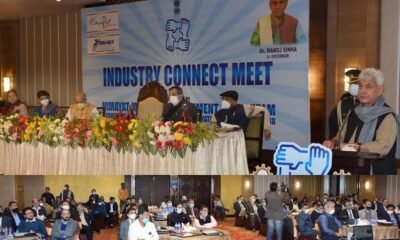

 Jobs4 years ago
Jobs4 years ago
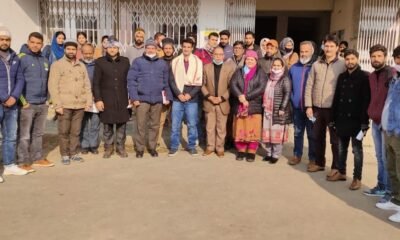

 Careers4 years ago
Careers4 years ago


 Industry4 years ago
Industry4 years ago










